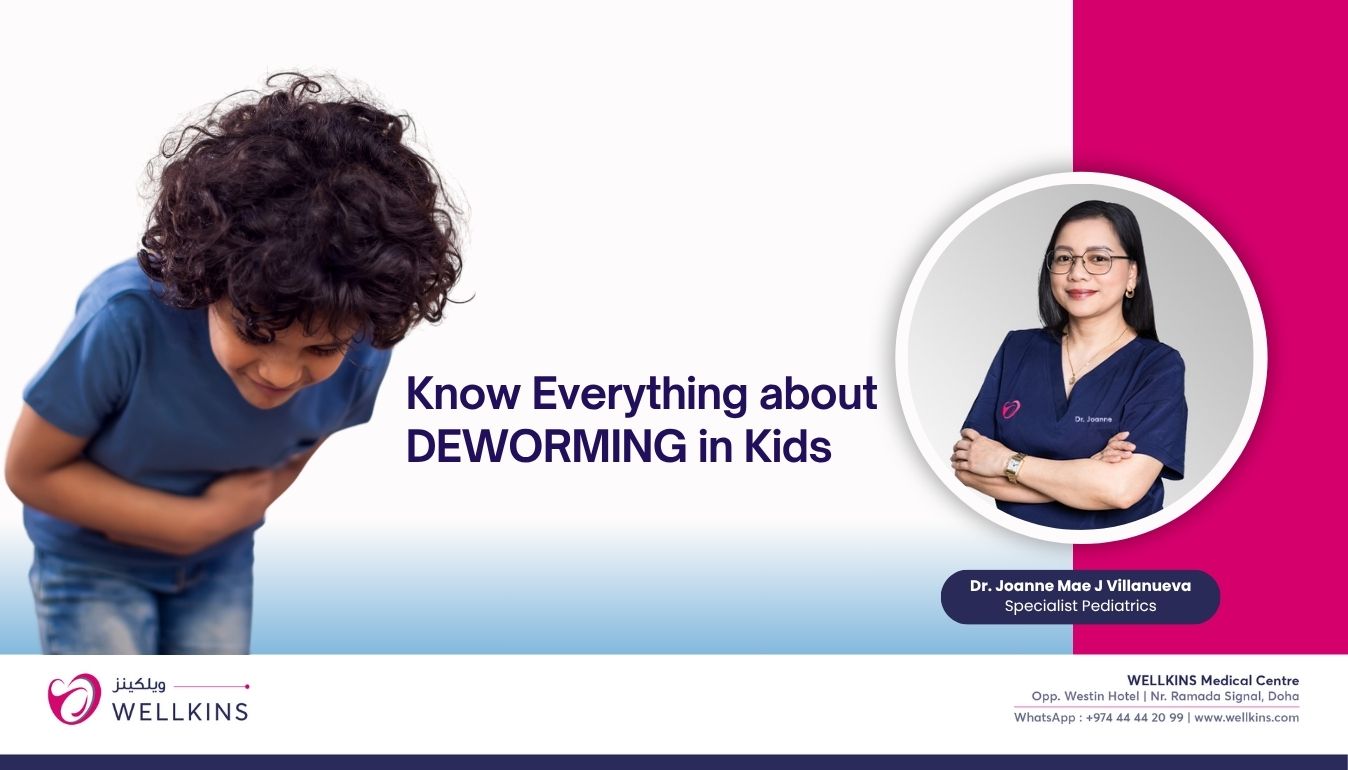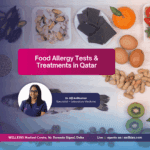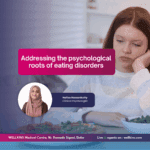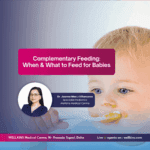Author: Dr. Joanne Mae J Villanueva (Specialist Pediatrician – WELLKINS Medical Centre)
As parents, we strive to give our children the best possible start in life, and that includes protecting them from common health challenges. One such challenge, often overlooked, is parasitic worm infection.
Deworming is the process of eliminating parasitic worms from the human body using medication. Parasitic worm infections are common, especially in areas with poor sanitation and hygiene. These infections can lead to various health problems, particularly in children. Regular deworming is a simple and effective public health measure to improve overall health and prevent long-term complications.
Parasitic worms are organisms that live and feed in the human body, often causing harm. The most common types include: Roundworms (Ascaris), Whipworms (Trichuris), Hookworms, Tapeworms and Pinworms. These parasites usually enter the body through contaminated food, water, soil, or through skin contact with infected surfaces.
Parasitic worms, also known as helminths, are organisms that live inside the human body, feeding off its nutrients. While some infections may show no immediate symptoms, others can lead to a range of health issues.
Dr. Joanne Mae J Villanueva (Specialist Pediatrician – WELLKINS Medical Centre)
Who Needs Deworming?
Deworming is especially important for:
Children aged 1–14 years, who are more vulnerable to infections due to their developing immune systems and frequent exposure to contaminated environments.
Adults in high-risk environments, such as those in agricultural settings or regions with poor sanitation.
Pregnant women (after the first trimester), in areas with high worm prevalence, as recommended by a healthcare provider.
Common Symptoms of Worm Infections
Many infections are asymptomatic, but common signs include:
✔ Stomach pain or discomfort
✔ Nausea or vomiting
✔Weight loss or poor weight gain
✔Diarrhea or constipation
✔Fatigue and weakness
✔Anemia
✔Itchy anus (especially at night in pinworm infections)
The most widely used and WHO-recommended medications for deworming include: Albendazole (400 mg) and Mebendazole (500 mg). These are typically taken as a single-dose treatment and are safe for mass administration in schools and communities.

Deworming Schedule
Children: Every 6 months in high-risk areas or as per local health guidelines.
Adults: Once or twice a year depending on exposure risk.
Pets: Deworming household animals is also crucial to prevent transmission.
Benefits of Deworming
Improved nutrition: Worms can cause malabsorption of nutrients. Removing them helps restore nutritional health.
Better growth and development: Children show improved cognitive and physical development after deworming.
Reduced absenteeism: Healthier children attend school more regularly.
Improved immunity: A parasite-free body can respond better to vaccines and other infections.
Prevention of Worm Infections
While deworming is effective, prevention is equally important. Key practices include:
✔Washing hands before eating and after using the toilet
✔Drinking clean, safe water
✔Proper disposal of human and animal waste
✔Wearing shoes outdoors
✔Washing fruits and vegetables thoroughly
Deworming is a vital, cost-effective health intervention that significantly enhances quality of life, especially in vulnerable populations. Regular deworming, combined with improved hygiene and sanitation, can help eliminate parasitic worm infections and promote better health outcomes.
Book a consultation with our pediatric team for personalized guidance.
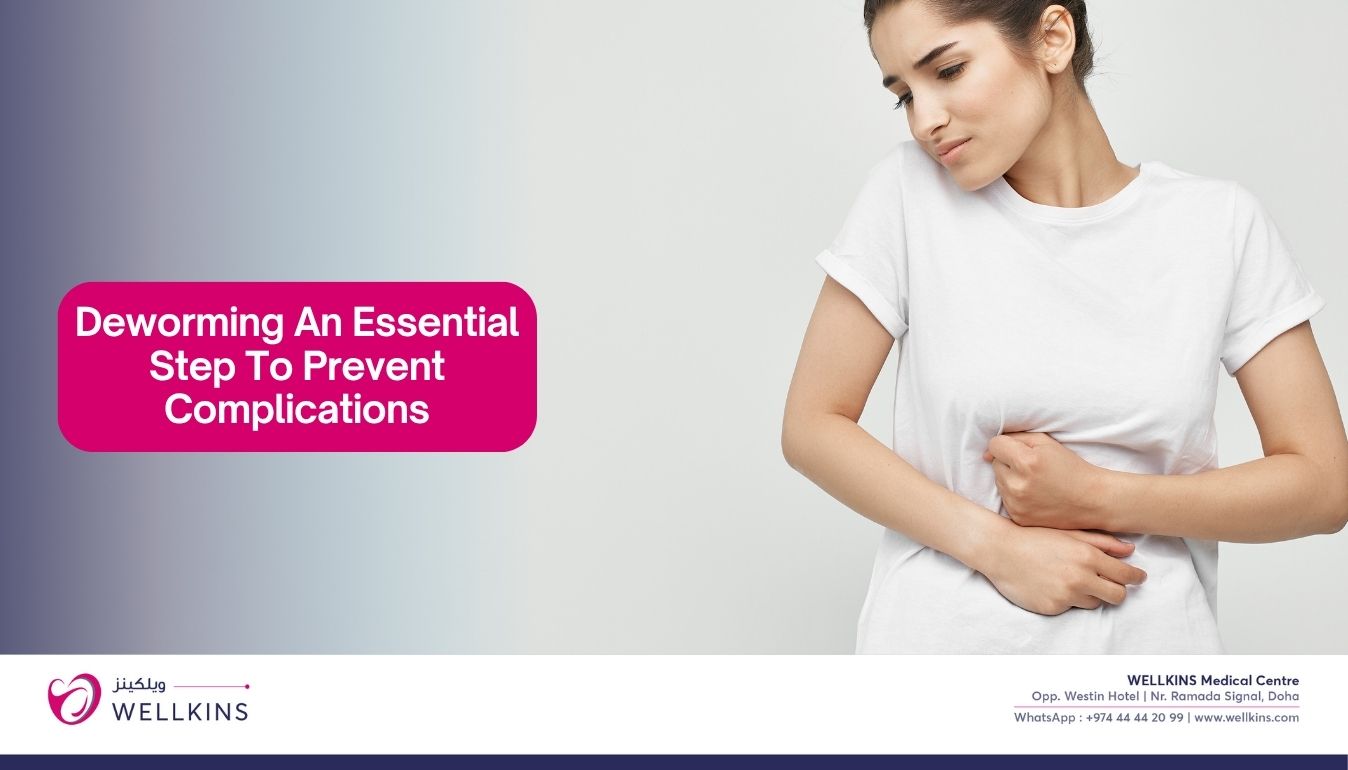
(Disclaimer: This blog is for informational purposes only. Consult your doctor for medical advice.)


